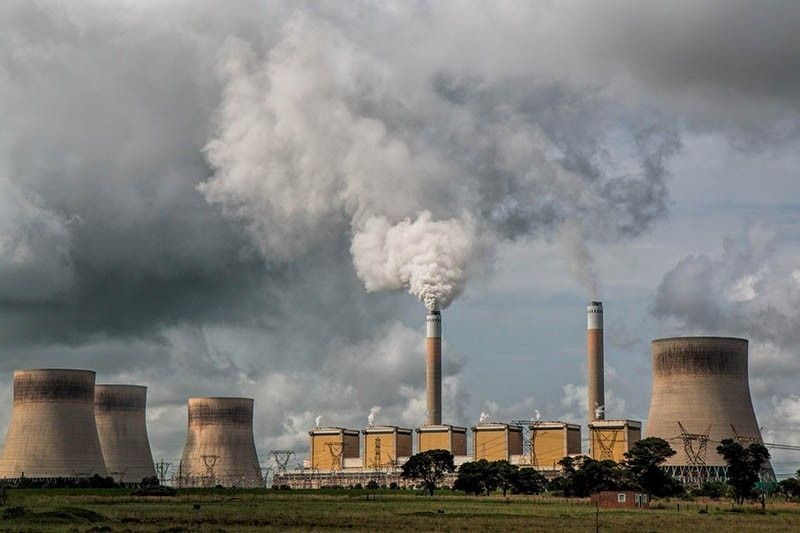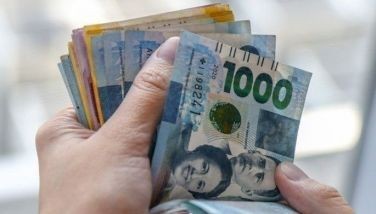Report: Philippine banks continue to bankroll coal and fossil fuel projects

MANILA, Philippines — Philippine banks are still financing coal and fossil fuel investments in the country at such an accelerated pace that could derail hopes of averting climate disaster, a new report found.
The domestic banking system, as the findings of the Center for Energy, Ecology, and Development assert, financed $867.08 million worth of projects in coal from April 2022 to March this year. These banks likewise bankrolled $930 million for the expansion and construction of new fossil gas projects.
The report put out a scorecard, which computed for coal and fossil gas financing, divestment policy, and sustainability policies.
Likewise, the report spotlighted that the majority of financing came from bonds, with most of these banks underwriting an estimated $594 million with the rest of the total comprising loans.
“The report make its clear that the domestic banks have poured millions of dollar into the fossil fuel industry despite pronouncements and pledges. The remarkable shift from loans to bonds is what facilitates continued fossil fuel investments,” said Avril De Torres, deputy executive director of CEED.
CEED pointed out these banks’ exposure to investing and financing certain projects that have done, and continue to do, considerable harm to the environment. The findings spotlight concerted struggles undertaken by civil society groups in the Philippines, to shed light on the impact of financing on curbing efforts to attain climate goals.
The findings found that the Ayala-led Bank of the Philippine Islands was deemed the “dirtiest bank” for the fourth consecutive year. The bank still had a considerable exposure to fossil gas and pitched in financing for the expansion of coal in the country.
On the other hand, the Philippines' largest lender, BDO Unibank Inc., emerged second and is now considered the top financier of fossil gas projects and investments in the country, according to the report. A BDO subsidiary bankrolled San Miguel Global Power’s bond offering in July 2022, wherein some proceeds coursed through a coal-fired power plant in Bataan.
As it is, the state has not been remiss in putting out legislation and policy to mitigate the impact of the climate crisis. The Philippines, after all, is at the receiving end of emissions as a warming world exacerbates rising sea levels and natural disasters, among others.
The previous Duterte government issued a moratorium to halt the construction of new coal-fired power plants in 2020, which the Marcos Jr. administration kept in the meantime. Likewise, the state is targeting more renewables generation to pitch into its current energy mix. The national government set a target of 35% by 2030.
Rounding out the list are Metropolitan Bank & Trust Company, Security Bank, Philippine National Bank, China Banking Corp., Rizal Commercial Banking Corp., Land Bank of the Philippines, Development Bank of the Philippines, Asia United Bank, Robinsons Bank, Bank of Commerce Philippine Bank of Communication, East West Banking Corp., and Union Bank of the Philippines.
CEED spotlighted that a majority of them, such as AUB, BOC, China Bank, East West Bank, Metrobank, PBCOM, PNB, Unionbank, and Robinsons Bank, have not made any effort to divest itself from coal financing and investments, which signals inaction on their part on ending fossil fuel expansion.
Despite this, the findings are non-binding but are expected to spur these financial institutions into action. The report was released in the thick of the annual stockholders’ meeting season, as yearly financial statements have been filed in bunches weeks back.
There were bright spots, however. State-run LBP came out with an exclusion list that spelled out that the bank will no longer invest in the coal value chain.
“Banks must realize that every time they underwrite or facilitate a toxic bond, they have a direct hand in the worsening impacts of the climate crisis,” De Torres added.
- Latest
- Trending




























